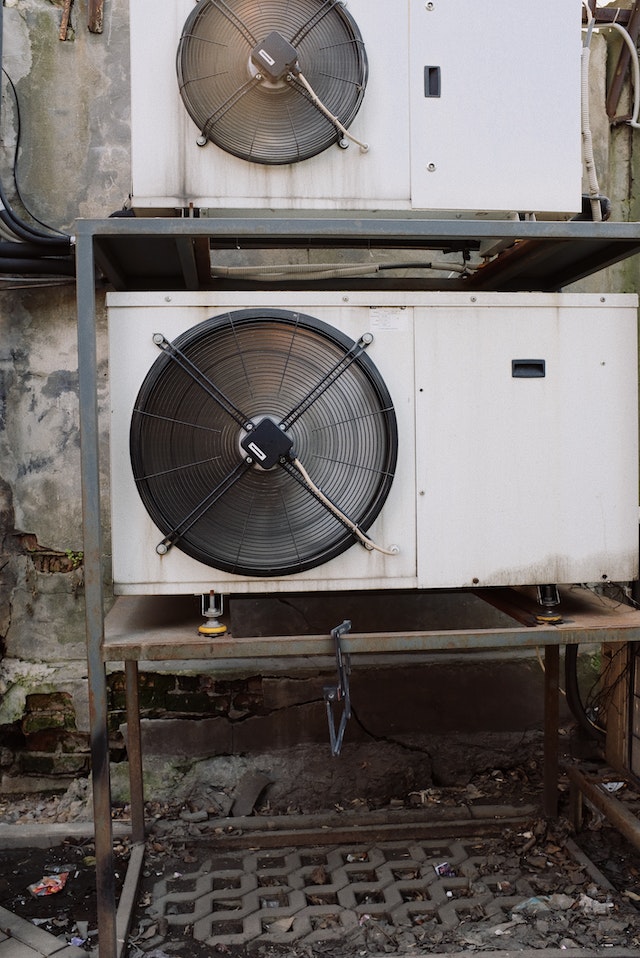A new air conditioning unit can improve the air quality within your home. It can also help keep you cooler in those summer months and warmer in winter. When you are choosing a new unit, it is important to do your research. Knowing what you are purchasing and why is important.
Decide on Your Budget
One of the first things you will want to establish is how much you want to spend on a new unit. Since you last had a unit installed, you may have noticed that prices have changed, so make sure you are allowing for increased prices. A budget has to cover the cost of the unit, but it also has to include any additional units and controls you want. It also has to cover the cost of installation and maintenance. Some smaller units can be just as costly to maintain as larger ones, so remember that size may not have an impact on your budget.
Where Will Air Conditioning Units Be Located
You will most likely want to have more than one unit installed as part of a cooling or heating system. However, where exactly do you want your units installed? Do you want them located in a corner of a room or perhaps on the ceiling? Knowing where you want them installed (and within which rooms) will allow you to purchase units that are fit for purpose.
Room Sizes
How big are the rooms in the space that you want to cool? It is important to accurately measure the space to ensure you purchase an air conditioning unit that is fit for your purpose. If you do not establish room sizes before deciding, you may end up with a unit that is underpowered. You may also end up with a unit that is less effective than the one you are replacing or upgrading. When measuring room sizes, always measure the width and the length of a room, but also factor in the height (from floor to ceiling), as this is all space that needs to be cooled.
Looking at an Inside Installation
There are some units that require an outdoor unit to be installed. These can be clunky, and they can be a real eyesore. However, it is also not always functional or possible to install these – especially if you are in a high-rise apartment building or in a historic apartment. Inside installations that have a wall mounted air conditioner without outdoor unit give you a great deal of flexibility and control. This is because you are not as restricted about where you can have a unit located. Inside installations can mean you can add (or upgrade) your air conditioning system without needing ugly fixtures on the exterior of your home.
Deciding on a Brand
You may already know which brand you want to choose. However, before committing, it is important to weigh up what each brand has to offer. For instance, some brands have a positive reputation and longstanding history to back up their products, while you may find that others have come highly recommended to you. The brand that you choose may have an impact on your budget. Deciding what is important to you in a brand, and establishing what your needs and requirements are will help you choose a brand that backs up its claims.
Connectivity Options
Some air conditioning units are connected to your mains; others can be plugged in. Some can be connected to your phone or to your other smart home devices. Choosing what level of connectivity you want will help make your decision that little bit easier. If your air conditioning unit is not as well connected as you want, then it may have an impact on how often you use the unit. This may mean you are getting poor value for money on your purchase and installation. Connectivity matters as you want to be always in control of your unit/s.
Getting the Right Size System
You have looked at the sizes of your rooms, and you have decided where you want the air conditioning units to be placed (for example, in the kitchen or in the living room). Now, you must ensure you get the right system. Systems will vary according to the output you require, so make sure you are certain of your room sizes. If you choose a system that is underpowered or not fit for purpose, it is not going to be effective. It is going to be working for longer than is needed, and it is not going to last (as it will be overworked).

